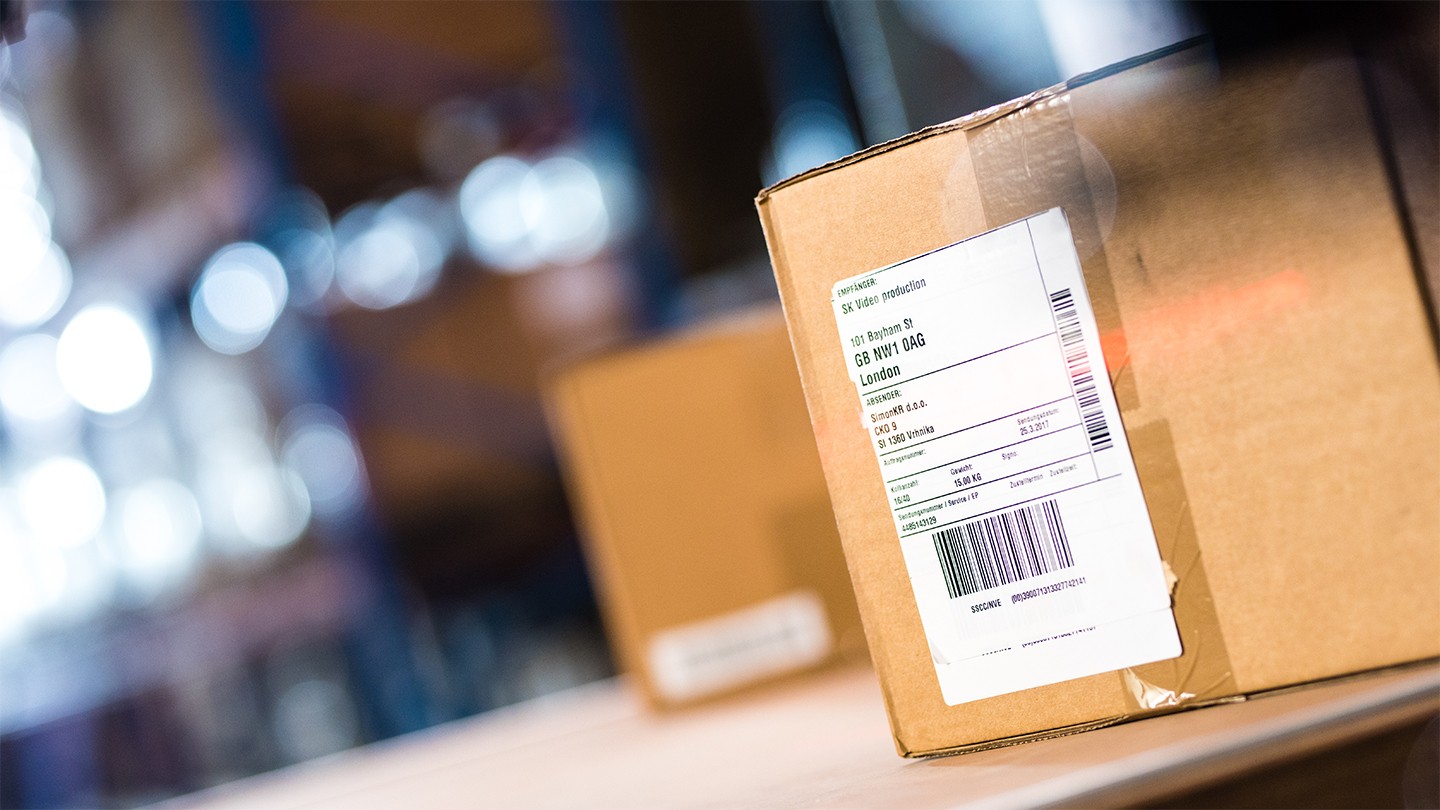
Growth
New Year’s sales: how UK retail can survive and thrive beyond Brexit
How can UK retailers and wholesalers prepare for the end of the Brexit transition period while dealing with the challenges of the coronavirus pandemic? It will be demanding, say Barclays experts Karen Johnson and Ian Taylor, but businesses need to look to their supply chains and improve their channels and payments.
With the retail and wholesale sectors anticipating the adjustment to a new normal that will stretch beyond the year, the pre-Christmas period sees an additional consideration for businesses: the end of the Brexit transition period.
Whatever new shape international trade deals and tariff arrangements ultimately take, Karen Johnson, National Head of Retail, Wholesale and Healthcare at Barclays Corporate Banking, says that businesses are more prepared for the end of the Brexit transition period having already dealt with the dislocation of the coronavirus crisis.
The pandemic has in some ways been a trial run of the disruption to the supply chain that most retailers and wholesalers could experience
National Head of Retail, Wholesale and Healthcare at Barclays Corporate Banking

“We're finding that many businesses had preparations that they put in place in 2019 to get ready for Brexit last year,” she says. “Those preparations have proved to be a good contingency plan. The pandemic has in some ways been a trial run of the disruption to the supply chain that most retailers and wholesalers could experience.
“This has meant clients looking at alternative suppliers. We’ll see more being sourced locally in the UK, with supply chains brought closer to home, and technology being a key part of that.”
She cites a recent report published by Barclays, Survive and Thrive, which looked at how retailers are adapting to the ‘new normal’. “It found that businesses, because they’ve experienced coronavirus, actually feel better placed to deal with Brexit disruption, on the basis that the impact of the pandemic is worse than what they expect Brexit to be. Businesses have now actually stress-tested their supply chains and fulfilment processes.”
Going direct
The huge amount of work Barclays has done to prepare clients for Brexit – ranging from specialised clinics to a dedicated £14bn lending fund – is still relevant and ongoing, but dealing with the pandemic, thinks Johnson, has also given company owners confidence in their ability to innovate and adapt business models. “The market has changed. Technology has come to the fore,” she says, pointing out that about 27% of all retail sales are now online, compared to around 19% in 2019.
Johnson adds: “Our clients, both SMEs and large corporates, need to adapt to the way consumers are now spending. So retailers are now developing their own e-commerce platforms and fulfilment processes. We’re also seeing more evidence of wholesalers, for example, going direct to consumers.”

If you buy products or part of your supply chain is outside of the UK, then you will be impacted by Brexit
Regional Director for Business Banking at Barclays UK
Ian Taylor, Regional Director for Business Banking at Barclays UK, says that clients are thinking about the movement of goods and services, and he has been encouraging businesses to look “two or three suppliers down the chain” to anticipate where problems in 2021 could lie. “The larger the business, the more likely they are to be sourcing from greater numbers of suppliers, and they need to prepare, in terms of understanding the supply and the supplier,” he says.
“It doesn't really matter whether you’re trading with the EU or somewhere else, because it’s all about the separate trade agreements that are going to be negotiated when we leave the EU. If you buy products or part of your supply chain is outside of the UK, then you will be impacted by Brexit.”
Digital focus
Barclays Corporate Banking’s teams have led campaigns to help clients get to grips with the challenges and opportunities of the end of the UK’s transition period after Brexit, through personal contact with relationship managers, webinars and online resources. And now, says Taylor, businesses need to pivot in a similar way: “Retailers and wholesalers can go direct to the consumer by maximising their channels through online and social media, and working out their payment platforms.”
Newly online retailers, he says, “have to work out how they fulfil orders, deliver them, collect them. But first and foremost, it’s actually having the website capability to take payment.” In this area, Taylor says Barclays and Barclaycard can add value, giving clients the flexibility to accept a wide range of payments.
“We can provide a full array of services around payments, which is really, really important to retail, having that frictionless customer journey,” says Johnson. “We’ve also got the data analytics that we can provide to clients around helping them for site location, activity, size of stores, and other important metrics as well as providing funding, taking deposits and making normal payments.”
Taylor adds: “With our digital focus we're able to have a positive influence on business, to help them innovate to do something else and provide them with the payment channels and the IT channels to survive and thrive.”